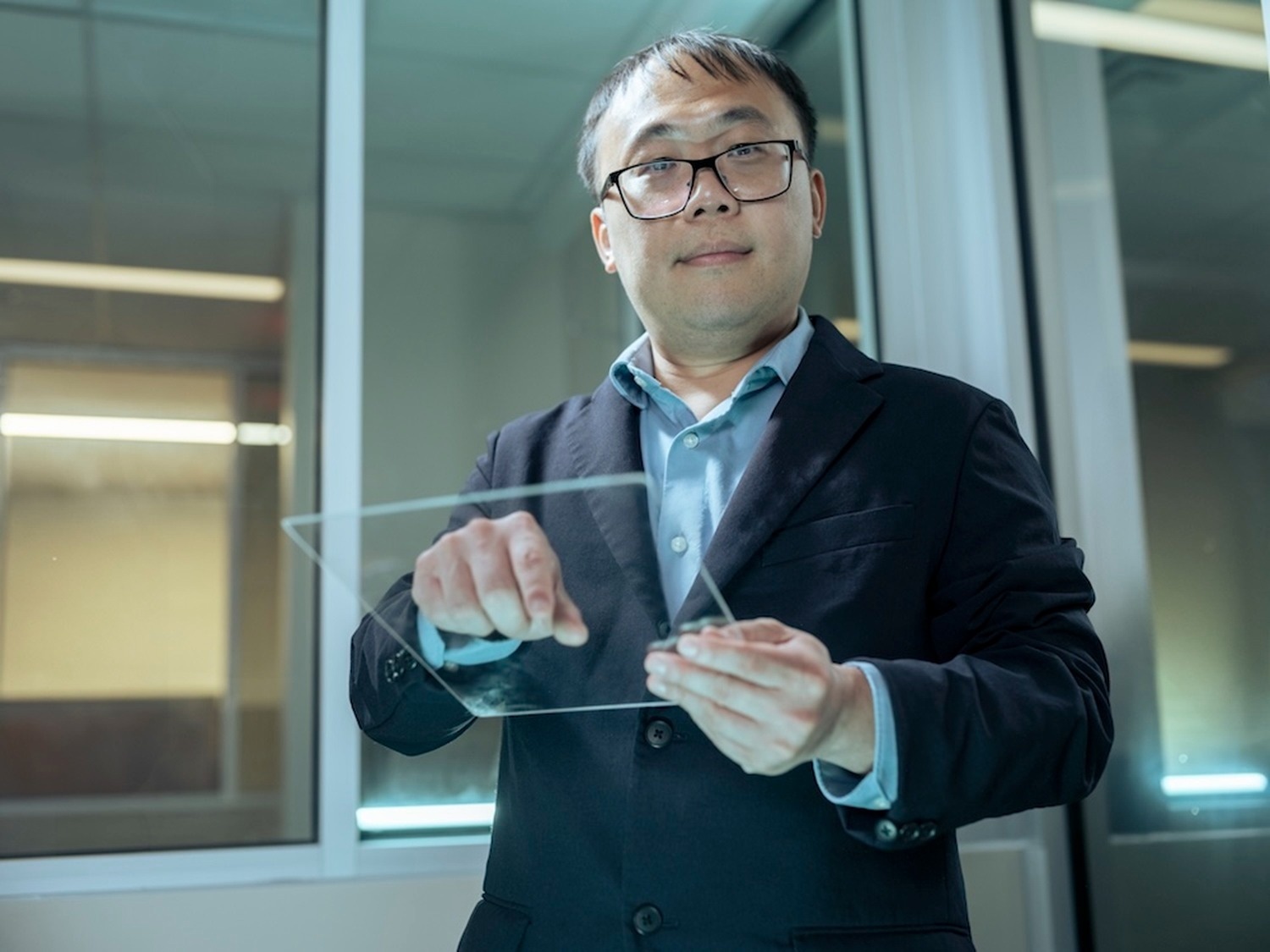A breakthrough in activation sparsity could enable AI to move from supercomputers to smartphones, making real-time intelligence possible on drones, sensors, and devices without requiring the cloud.

Assistant professor in Kennesaw State’s College of Computing and Software Engineering, Bobin Deng
Artificial intelligence (AI) is often associated with supercomputers and massive data centers, but Kennesaw State University researcher Bobin Deng is aiming for something more accessible through a new National Science Foundation (NSF) grant.
Bringing AI to Personal Devices
An assistant professor in Kennesaw State's College of Computing and Software Engineering, Deng said the goal is to move AI beyond the cloud and into the hands of people where it can have the most impact – their personal devices. The research could enable AI tools to function without an internet connection, a feature uncommon in many current systems.
"Most of today's AI runs on large, expensive servers," Deng said. "But many applications don't need that level of computing power. If we can run AI directly on a mobile phone, a drone, or other smaller systems, then we remove the reliance on costly supercomputers and make AI easier and faster access in more situations."
Activation Sparsity: A Smarter AI Method
At the heart of his project is a technique that utilizes activation sparsity, a process in which only a portion of neurons in an AI model are active, while most remain inactive. Instead of loading all the data into memory, the system accurately predicts in advance which pieces it may need and loads only those, reducing memory usage, speeding up processes, and lowering energy demands.
"Other methods shrink models by reducing the precision of data or pruning less important parameters," Deng said. "Our approach is different. We predict which values will be activated. That allows us to combine our method with existing techniques like pruning or quantization to make models even more efficient."
Testing and Open Access for Broader Impact
The project will test tiny machine-learning models as predictors to support larger systems. This balance makes AI more feasible for devices like smartphones, drones, and industrial sensors.
The open-source simulator Deng's team is building will allow other researchers and students to explore and refine the technology.
Educational and Industry Benefits
"This grant supports fundamental research that can benefit students in our new Master of Science in Artificial Intelligence program, as well as industry partners," he said. "From monitoring factory robots to predicting equipment failures, embedding AI in smaller devices has the potential to transform many industries."
Deng conducts his research in the Sustainable Smart System Lab on KSU's Marietta Campus. He discussed how the university has played a vital role in supporting his work, from providing lab space to administering grants.
University Support and Recognition
"The leadership here has been very supportive," he said. "Whenever I have needed resources or assistance, from graduate assistants to proposal submissions, the university has been there to help."
CCSE Interim Dean Yiming Ji commended Deng's efforts as a reflection of the college's mission to advance innovation and prepare students for the future of technology.
"Dr. Deng's research represents the kind of forward-looking work that positions KSU as a leader in AI," Ji said. "His approach not only addresses technical challenges but also creates real-world opportunities for students, industry partners, and the community."